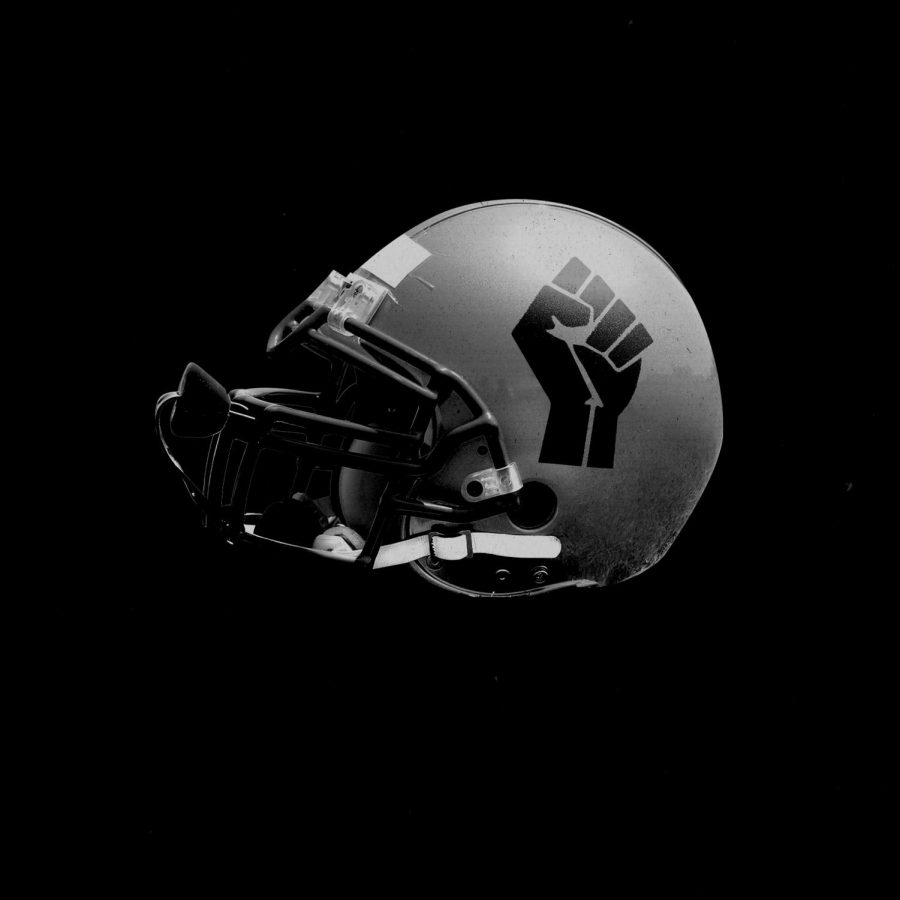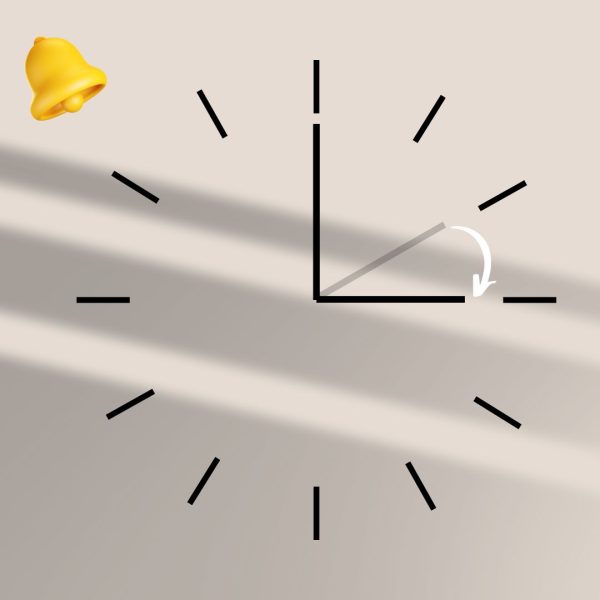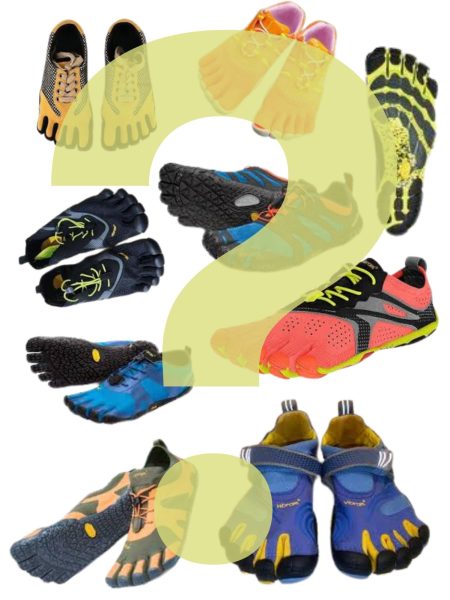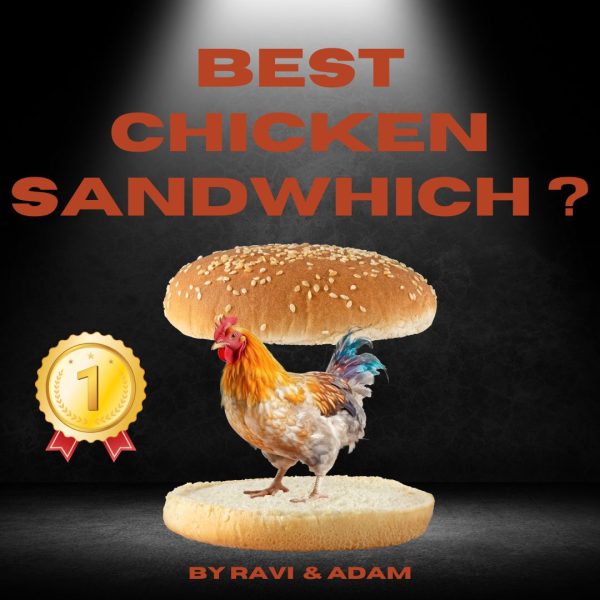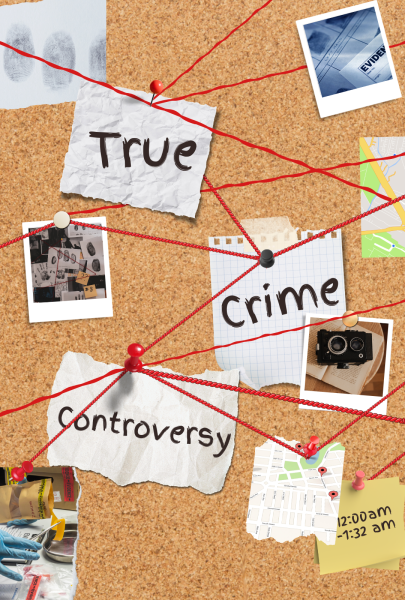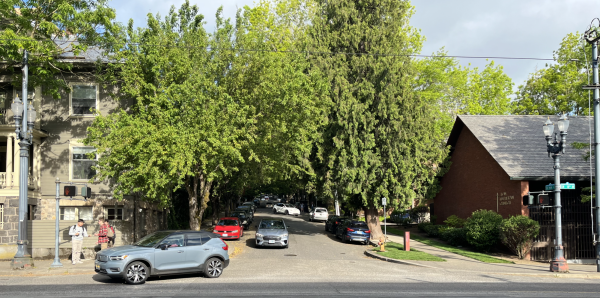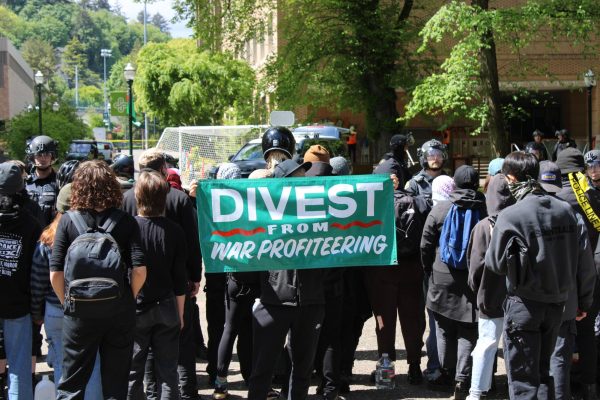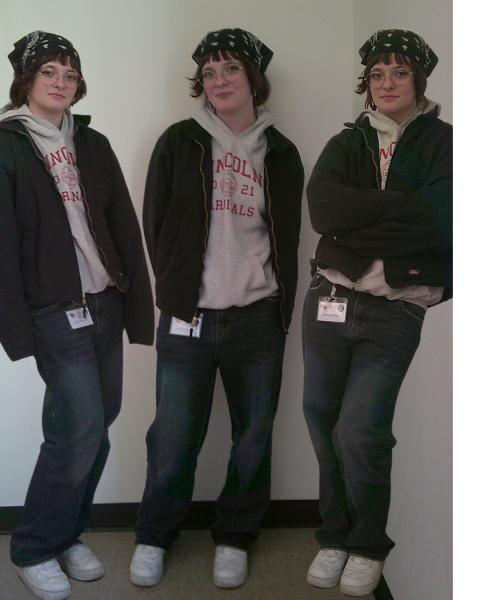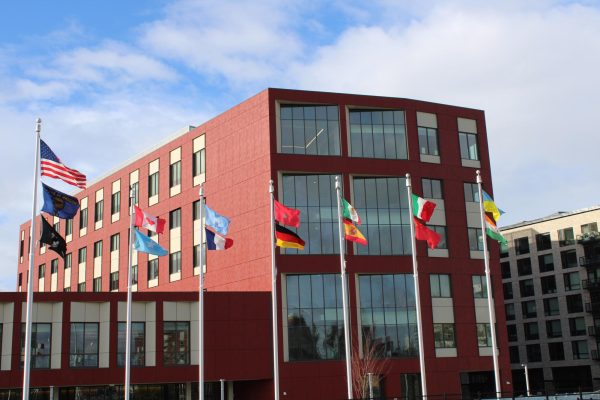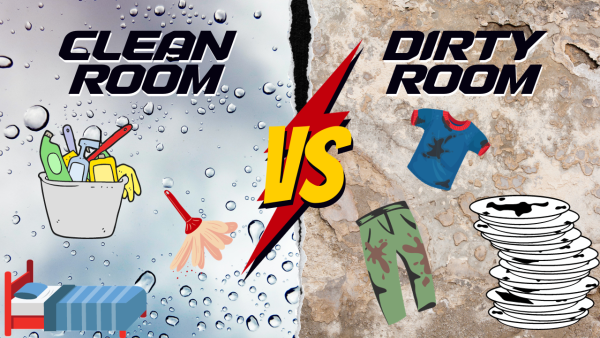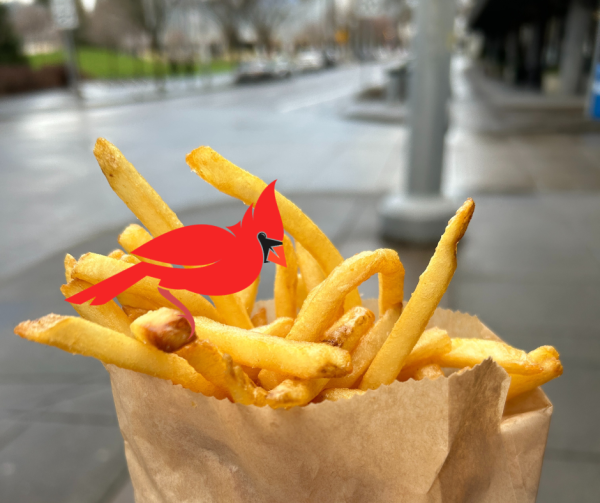Opinion: Fans need to stop attacking athletes for taking a stand
Fans booed moments of unity at MLS and NFL games last month. The moments, where both teams came together, were to protest racism and advocate for social justice.
Before the NFL Kickoff on Sept. 10, the Kansas City Chiefs and Houston Texans linked arms and stood together in silence in a “moment of unity,” announced inside Arrowhead Stadium as being “dedicated to the ongoing fight for equality in our country.” As I watched, I felt two emotions.
On one hand, I was happy that after years of disregarding players’ protests for social justice and equality, the NFL is finally starting to make (however small) an effort to amplify athletes’ voices.
I was also disappointed in the fans that filled the moment of silence with boos and jeers.
It wasn’t an isolated incident, either- when FC Dallas and Nashville SC players collectively took a knee during the National Anthem on Aug 12, fans booed and threw items.
When fans attack moments of athletes standing together, it makes it impossible to deny that the basic stance of many fragile, white sports fans is one of racism and anti-equality.
For decades, Black, Indigenous and athletes of color have been mistreated for speaking out. Muhammad Ali was stripped of his championship title due to his protest of the Vietnam War draft and sentenced to five years in prison. Tommie Smith and John Carlos were expelled from the 1968 Olympics and stripped of their medals for raising their fists in support of human rights. Colin Kaepernick was ousted from football for kneeling. Naomi Osaka was tormented on social media for supporting Black Lives Matter. Fox News berated and mocked LeBron James simply because he would not “shut up and dribble.” (James is a youth education activist and has given tens of millions to dollars to underprivileged communities.)
Professional athletes do not exist solely for fans’ entertainment. They may only be on our television screens for three hours a week, but they are human beings every second of their lives. There should not be repercussions for them exercising their First Amendment right to free speech.
Successful athletes earn the privilege of a platform. We admire athletes for the things that make them strong competitors and powerful agents of social change– dedication, integrity, persistence, competitiveness, inspiration. When athletes take a stand about issues off the field, it gives us all the opportunity to reflect on how we can become better athletes, better leaders and better people.
It’s unfair to support someone’s athletic achievements and admire them for their work and leadership on the field while wanting to keep them silent “off the field.” That’s what makes athletes so powerful- they can use their fame and fortune to bring awareness to so many different causes. There is no “on and off the field.” Athletes live a whole life– not just what fans see on game day for three hours a week.
Athletes are not protesting the fans; they are protesting the social conditions of our country. By booing moments of unity, fans are missing an opportunity to become more aware and to gain empathy for the lives of their fellow citizens.
To respond to this us or to write a letter to the editor, visit our “contact” page or email [email protected].


